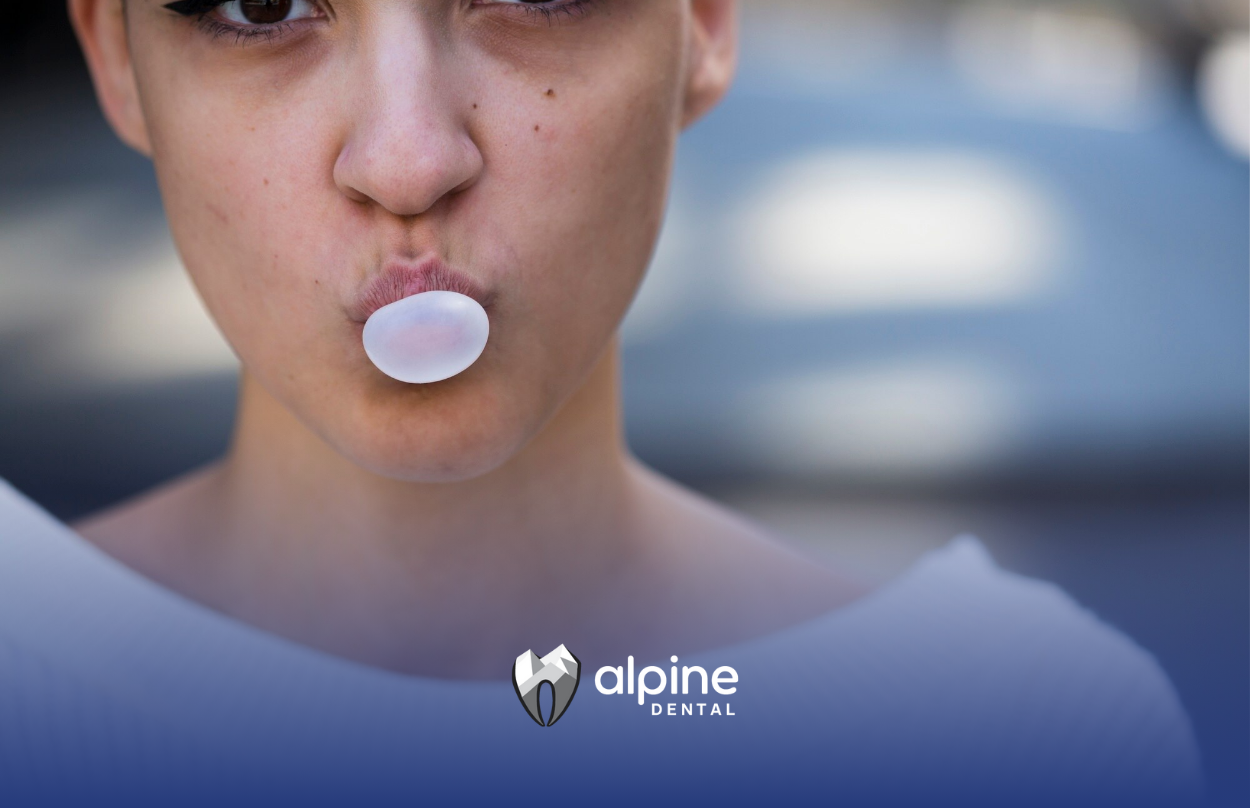Deep Teeth Cleaning, Explained: What It Is, Why You Need It, and How It Works
Ever noticed your gums bleeding when you brush? Or maybe your breath isn’t as fresh as it used to be? These could be signs that your gums need extra care. Deep teeth cleaning isn’t just about removing plaque—it’s about protecting your smile for years to come.
One of my longtime patients thought his gums were fine—until a routine dental exam revealed tartar buildup below the gum line. After a deep cleaning, he not only felt relief but also noticed a brighter, healthier smile. If you’ve been putting off a deep cleaning, here’s why it’s worth considering.
What is Deep Teeth Cleaning?
Deep teeth cleaning, also known as scaling and root planing, goes beyond a routine cleaning by targeting hardened plaque (tartar) and bacteria below the gum line.
How Is It Different from a Regular Cleaning?
| Feature | Regular Teeth Cleaning | Deep Teeth Cleaning |
|---|---|---|
| Purpose | Maintain oral hygiene | Treat gum disease, remove deep plaque |
| Depth of Cleaning | Surface-level | Below the gum line |
| Frequency | Every 6 months | As needed (annually or biannually) |
| Techniques Used | Polishing, basic scaling | Scaling, root planing, possible anesthesia |
If your gums bleed frequently, feel sore, or have started to recede, your dentist might suggest a deep cleaning to stop gum disease in its tracks.
Top Benefits of Deep Teeth Cleaning
1. Prevents Gum Disease
Gum disease begins with gingivitis—red, swollen gums that may bleed while brushing. If left untreated, it can develop into periodontitis, a more severe condition that can lead to tooth loss.
Deep cleaning removes bacteria and tartar from below the gum line, reducing inflammation and stopping gum disease before it worsens.
2. Removes Plaque and Tartar Build-Up
Even with perfect brushing and flossing, it’s impossible to remove all plaque on your own. Over time, plaque hardens into tartar, which can only be removed by a dentist.
| Type | Description | Impact on Oral Health |
|---|---|---|
| Plaque | Sticky film of bacteria | Leads to cavities and gum disease |
| Tartar | Hardened plaque buildup | Causes inflammation, worsens gum disease |
A deep cleaning thoroughly removes tartar, making it easier to maintain a clean and healthy mouth.
3. Brightens Your Smile
Tartar can dull your teeth, making them look yellow or stained. Deep cleaning polishes away surface stains, helping you achieve a brighter, more refreshed smile.
While deep cleaning won’t whiten your teeth as much as professional whitening, it removes plaque and buildup that can make teeth appear discolored.
4. Eliminates Bad Breath
Have you ever wondered why bad breath lingers even after brushing? The culprit is often bacteria and tartar stuck in hard-to-reach areas.
Deep teeth cleaning gets rid of odor-causing bacteria, leaving your mouth feeling fresher and your breath smelling cleaner.
5. Helps Prevent Tooth Loss
Periodontitis—the advanced form of gum disease—can damage the bone structure that supports your teeth. Over time, this leads to loose teeth and eventual tooth loss.
By removing harmful bacteria below the gums, deep cleaning helps protect the bones and tissues that keep your teeth firmly in place.
6. Early Detection of Dental Problems
During a deep cleaning, your dentist can spot early signs of:
✔ Cavities
✔ Gum disease
✔ Oral infections
✔ Other underlying
dental issues
Catching these issues early means less invasive treatments and lower costs in the long run.
Beyond Oral Health: The Connection Between Your Mouth and Your Body
Your oral health affects your overall well-being, and skipping dental care can have consequences beyond your smile.
| Wellness Benefit | How Deep Cleaning Helps |
|---|---|
| Improved Digestion | Healthy teeth allow better chewing, aiding digestion. |
| Lower Risk of Heart Disease | Studies link gum disease to heart conditions. |
| Better Diabetes Management | Reduces gum inflammation, which can help regulate blood sugar levels. |
By keeping your mouth healthy, you’re investing in your entire body’s health.
How to Maintain a Healthy Smile After Deep Cleaning
Deep cleaning isn’t a one-time fix—it’s part of a bigger plan to keep your teeth and gums healthy. Here’s how you can maintain your results:
Daily Oral Hygiene Tips:
✔ Brush
twice a day with fluoride toothpaste
✔ Floss
daily to remove hidden plaque
✔ Use an
alcohol-free mouthwash for extra protection
✔ Avoid
tobacco and excessive sugar, which can accelerate plaque buildup
Schedule Regular Dental Checkups
Your dentist may recommend follow-up visits every 3–6 months if you have a history of gum disease. Routine cleanings and checkups help keep your smile on track.
Conclusion
Absolutely! While it might sound like a more involved procedure than a standard cleaning, the benefits of deep teeth cleaning are worth it in the long run. You’ll prevent gum disease, avoid costly dental procedures, and enjoy a cleaner, fresher, and healthier smile.
If you’ve been experiencing gum sensitivity, bad breath, or plaque buildup, talk to your dentist about whether deep teeth cleaning is right for you. Taking action today can save you from bigger dental issues tomorrow.
At Alpine Dental, we provide expert care with a gentle touch, ensuring your comfort while keeping your smile in top shape. Book your appointment today and take the first step toward better oral health!
FAQs
How often do I need a deep cleaning?
It depends on your oral health. Some people need it once a year, while others may only need it once every few years. Your dentist will recommend what’s best for you.
Does deep cleaning hurt?
You may feel some discomfort, especially if you have gum sensitivity, but most dentists use numbing gel or local anesthesia to keep you comfortable.
How long does a deep cleaning take?
Usually 1–2 hours, but if your gum disease is advanced, your dentist may schedule two separate visits to clean different areas of your mouth.
Sources:
- https://my.clevelandclinic.org/health/treatments/23983-tooth-scaling-and-root-planing
- https://www.colgate.com/en-us/oral-health/gum-disease/teeth-deep-cleaning-and-when-you-need-it
- https://uthscsa.edu/utdentistry/services/deep-cleaning
- https://www.mouthhealthy.org/all-topics-a-z/scaling-and-root-planing
- https://www.ncbi.nlm.nih.gov/books/NBK554695/




